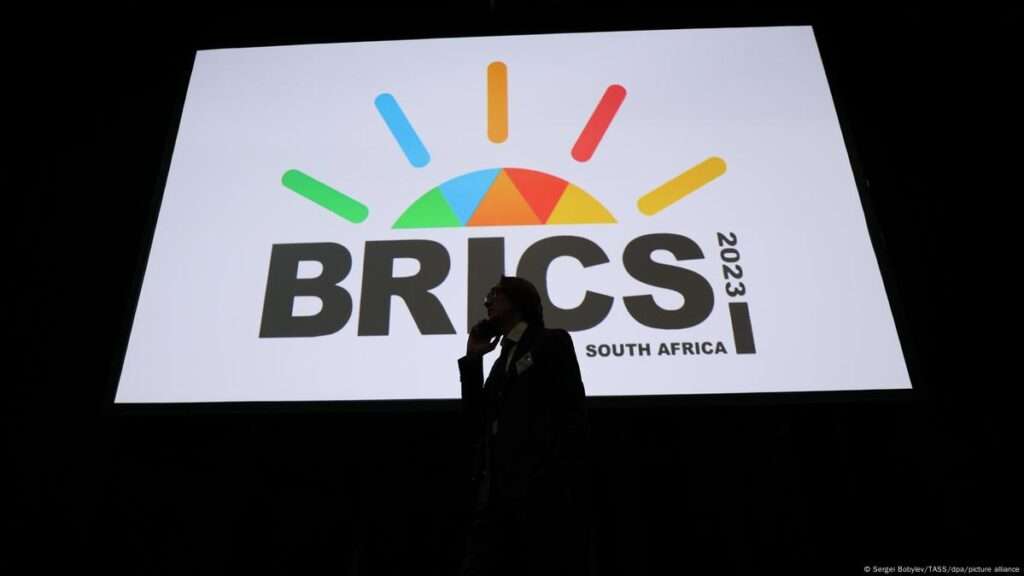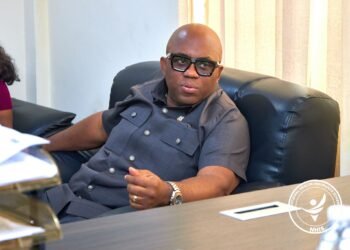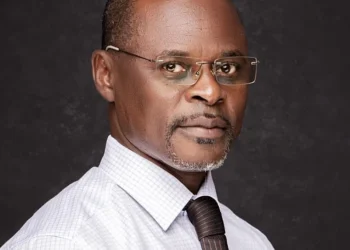Nigeria has firmly rejected pressure from the Trump administration to receive deported Venezuelans or third-country prisoners from the United States.
Foreign Minister Yusuf Tuggar made the country’s position clear during a recent interview, even quoting a 1990s American rap group to emphasize his stance.
“In the words of the famous US rap group Public Enemy… You’ll remember a line from Flava Flav – a member of the group – who said: ‘Flava Flav has problems of his own. I can’t do nothin’ for you, man.’”
Foreign Minister Yusuf Tuggar
Tuggar noted that with Nigeria’s population now exceeding 230 million, accepting deportees from a distant crisis like Venezuela’s is simply not an option. “We already have over 230 million people,” he added, underscoring the domestic challenges Nigeria already faces.
The Trump administration had reportedly pressured several African countries, including Nigeria, to accept migrants expelled from the U.S., especially those whose home countries are either unwilling or slow to take them back. Liberia, Senegal, Mauritania, Gabon, and Guinea-Bissau were also approached before a summit with President Trump in Washington, but it remains unclear whether any of these nations agreed to the requests.

This effort is reportedly part of what one source called an “aggressive” merging of U.S. deportation efforts and foreign policy. Internal State Department documents had described the aim of achieving “dignified, safe, and timely transfer from the United States” of third-country nationals.
Yusuf Tuggar made it clear that Nigeria would not bend to that strategy, arguing that Washington’s recent visa restrictions were meant as leverage. “It will be unfair for Nigeria to accept 300 Venezuelan deportees,” he said. He suggested that the U.S. decision to impose new visa rules was less about security and more about exerting diplomatic pressure.
Nigeria’s Foreign Minister Says Country Has Own Burdens
Earlier this week, the U.S. Department of State announced a sweeping change to visa rules for citizens of Nigeria, Cameroon, and Ethiopia. Nearly all non-immigrant and non-diplomatic visas will now be limited to single entry and only three months’ validity. Tuggar dismissed the move as retaliatory.
“You will be the same person that will castigate us if we acquiesce to accepting Venezuelan prisoners into Nigeria,” the minister said.
Tuggar also addressed recent threats by President Trump to impose an additional 10% tariff on countries perceived to be aligning with the BRICS alliance against U.S. interests. Although Nigeria is not a full member of BRICS, it became the ninth partner country in January.

He dismissed the tariff threats as unrelated to Nigeria’s BRICS affiliation. “You have to also bear in mind that the US is mounting considerable pressure on African countries to accept Venezuelans to be deported from the US, some straight out of prison,” Tuggar emphasized.
“It will be difficult for a country like Nigeria to accept Venezuelan prisoners into Nigeria. We have enough problems of our own, we cannot accept Venezuelan deportees to Nigeria, for crying out loud.”
Foreign Minister Yusuf Tuggar
Instead of conceding to Washington’s demands, Tuggar signaled that Nigeria is looking to enhance economic cooperation with the U.S. “We’re looking to do deals with the US,” he said, pointing to Nigeria’s reserves of gas, critical minerals, and rare earth elements vital to American tech firms.
Despite the diplomatic tension, Tuggar confirmed that Nigeria remains in talks with U.S. officials. “We are discussing with the US and resolving differences,” he said, noting the importance of maintaining strategic relations even amid disagreements.
As the Trump administration continues to press African nations on deportation cooperation, Nigeria’s message stands out as a firm refusal to shoulder external burdens at the expense of domestic stability.
READ ALSO: Ghana’s 24-Hour Economy Hinges on Systems, Not Shifts



















